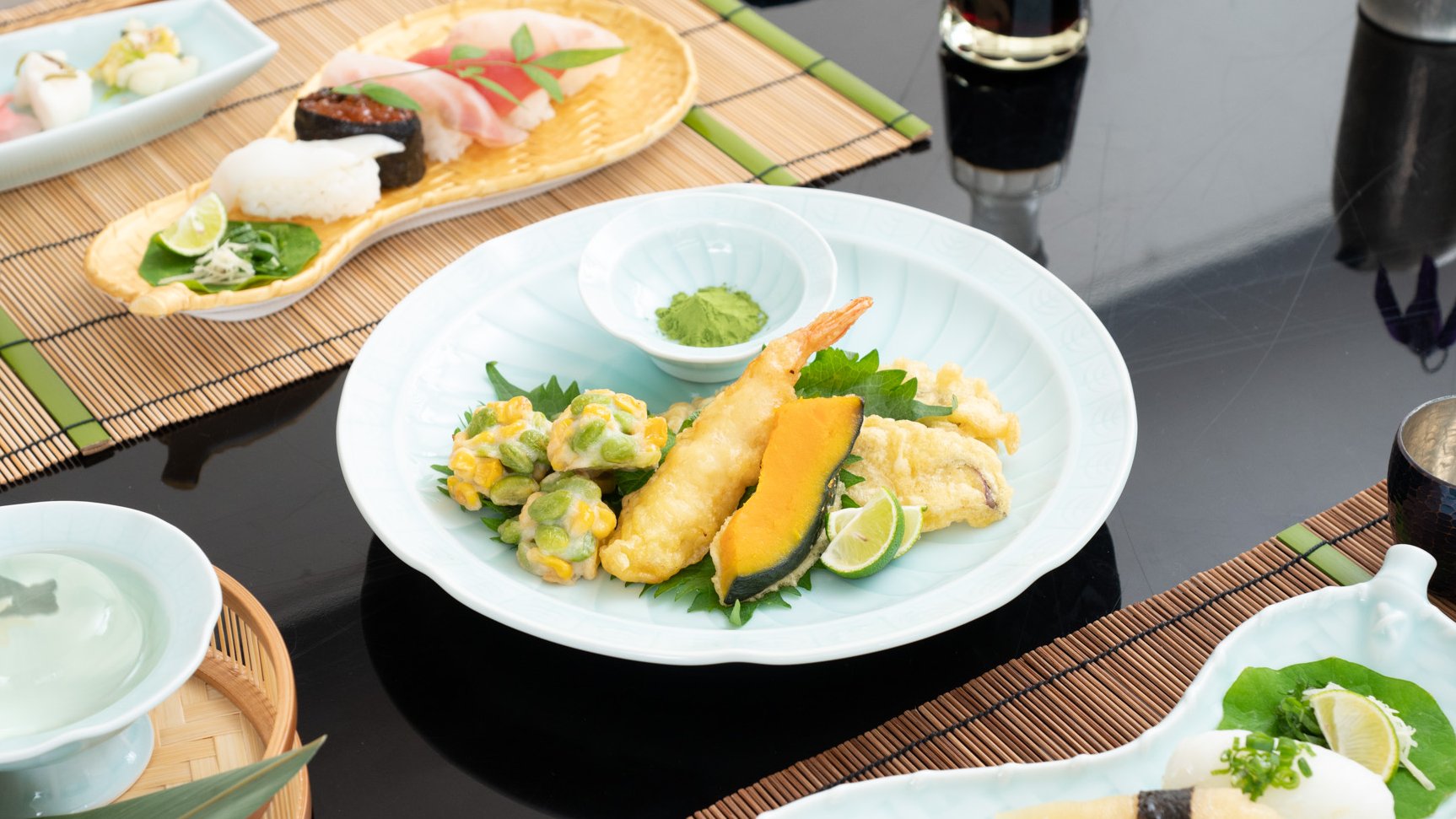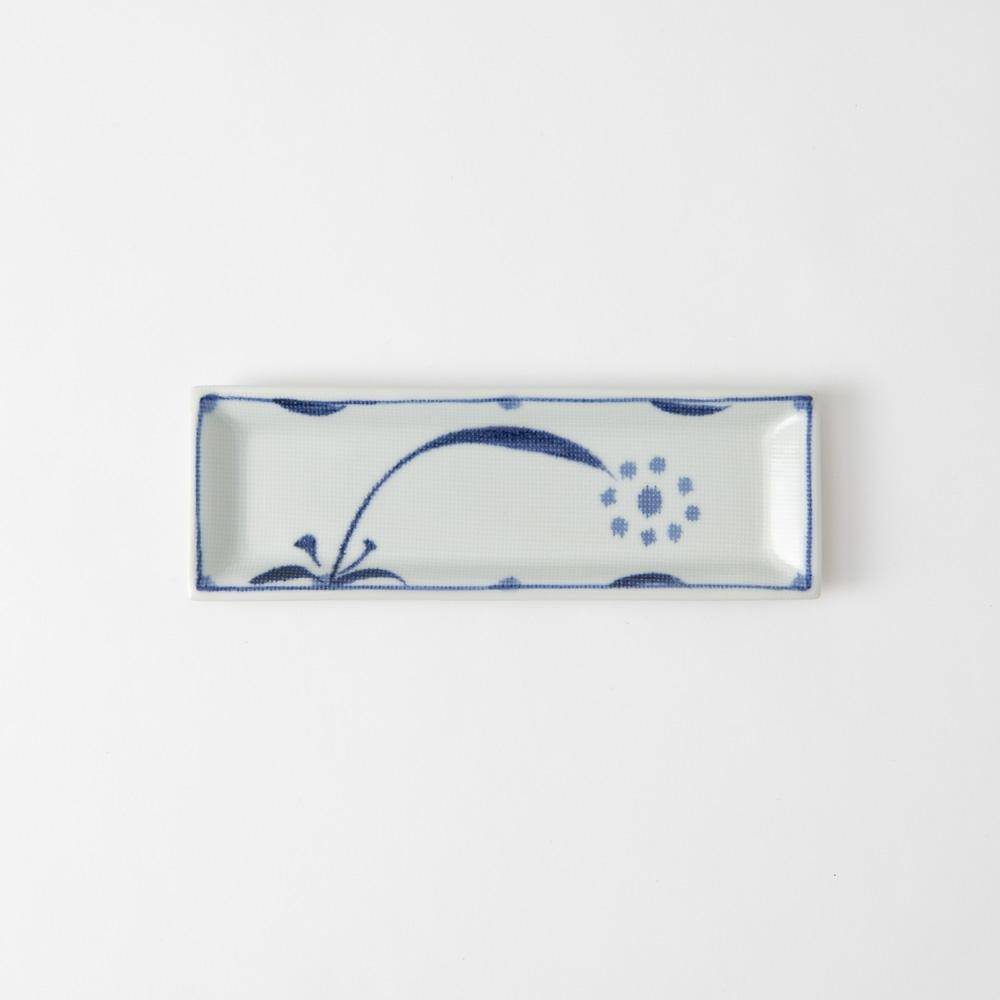
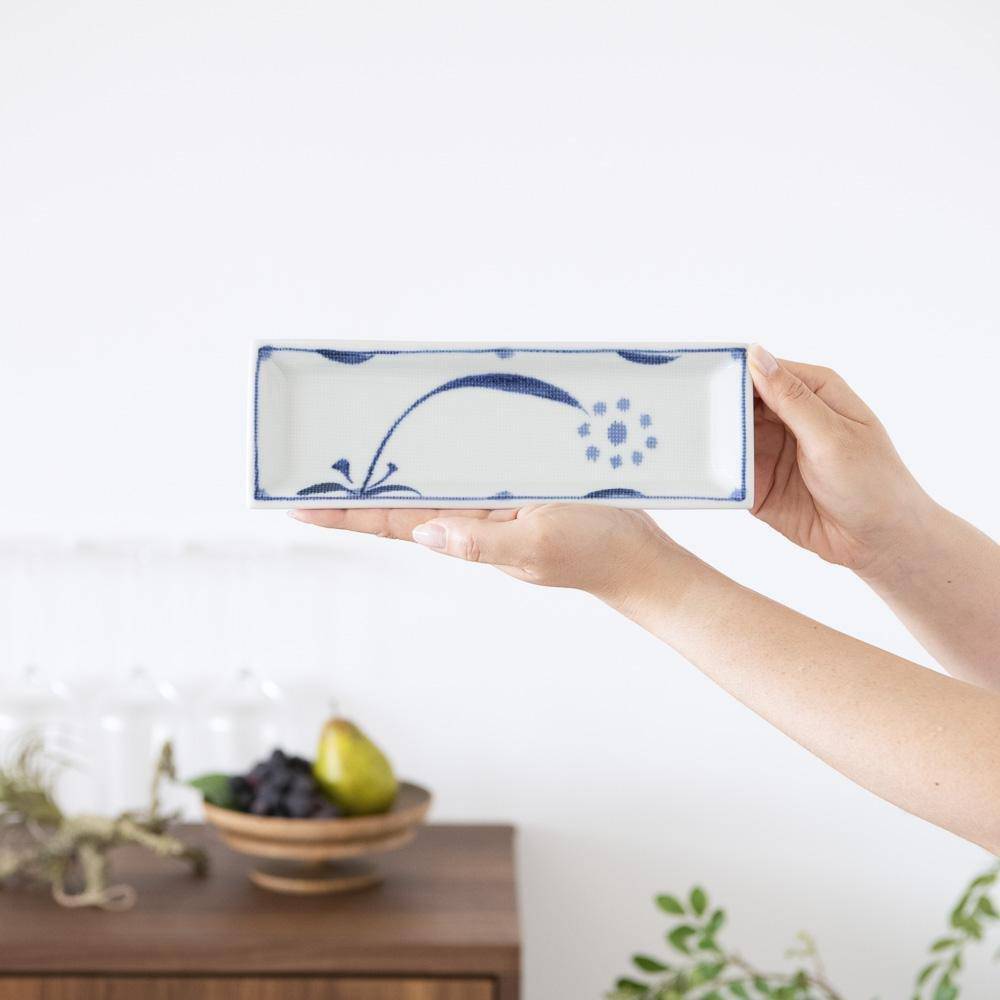
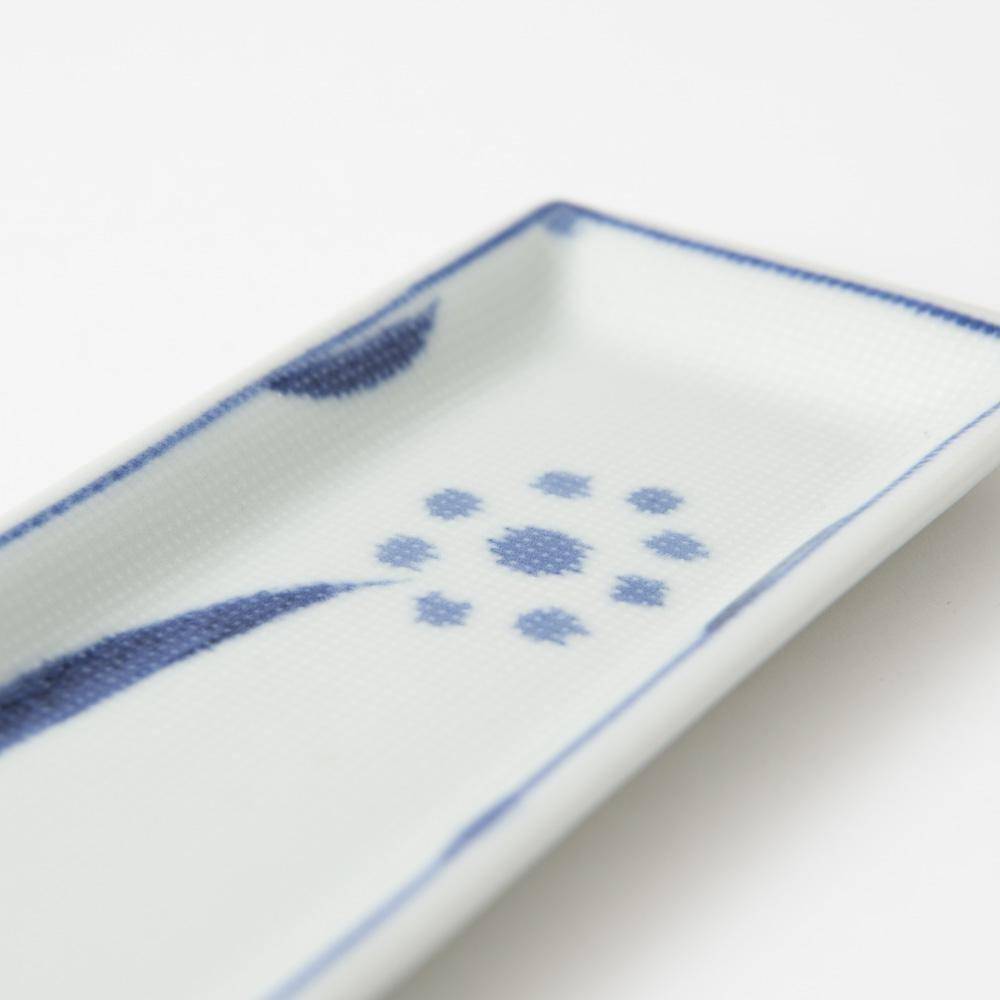
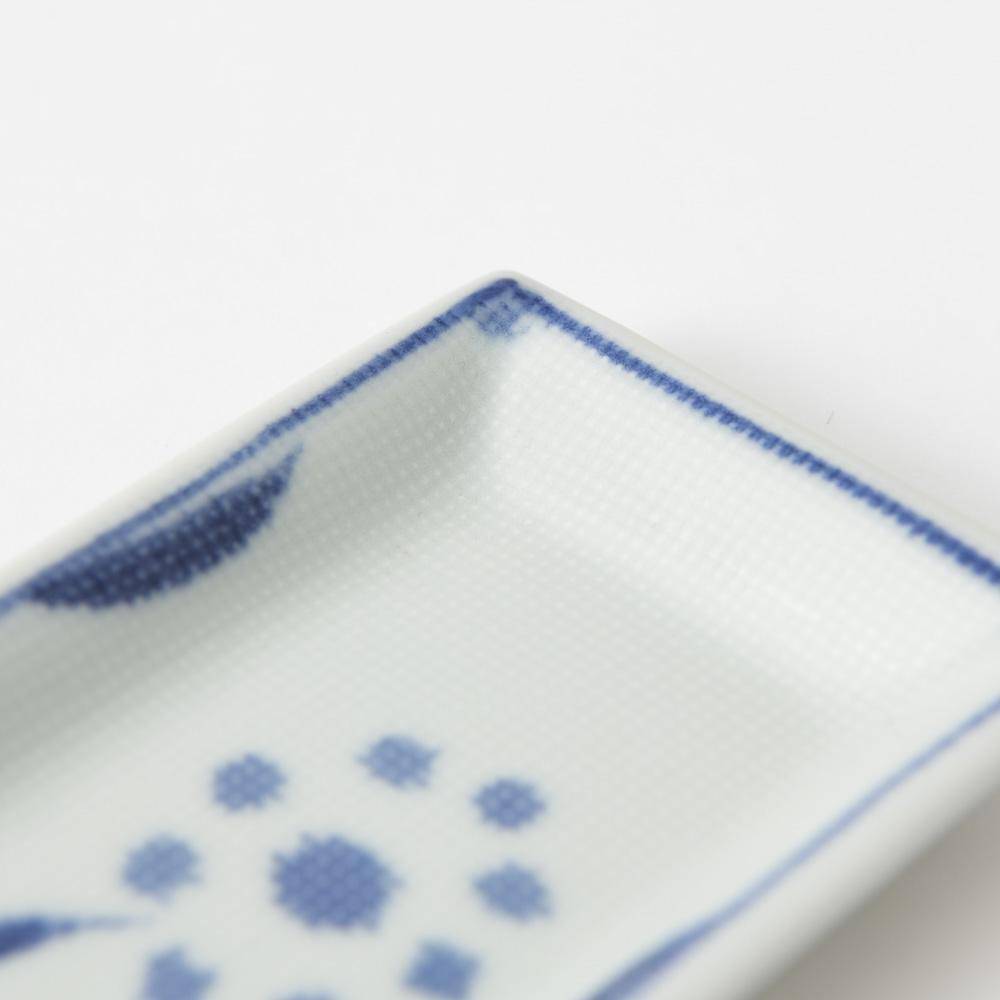
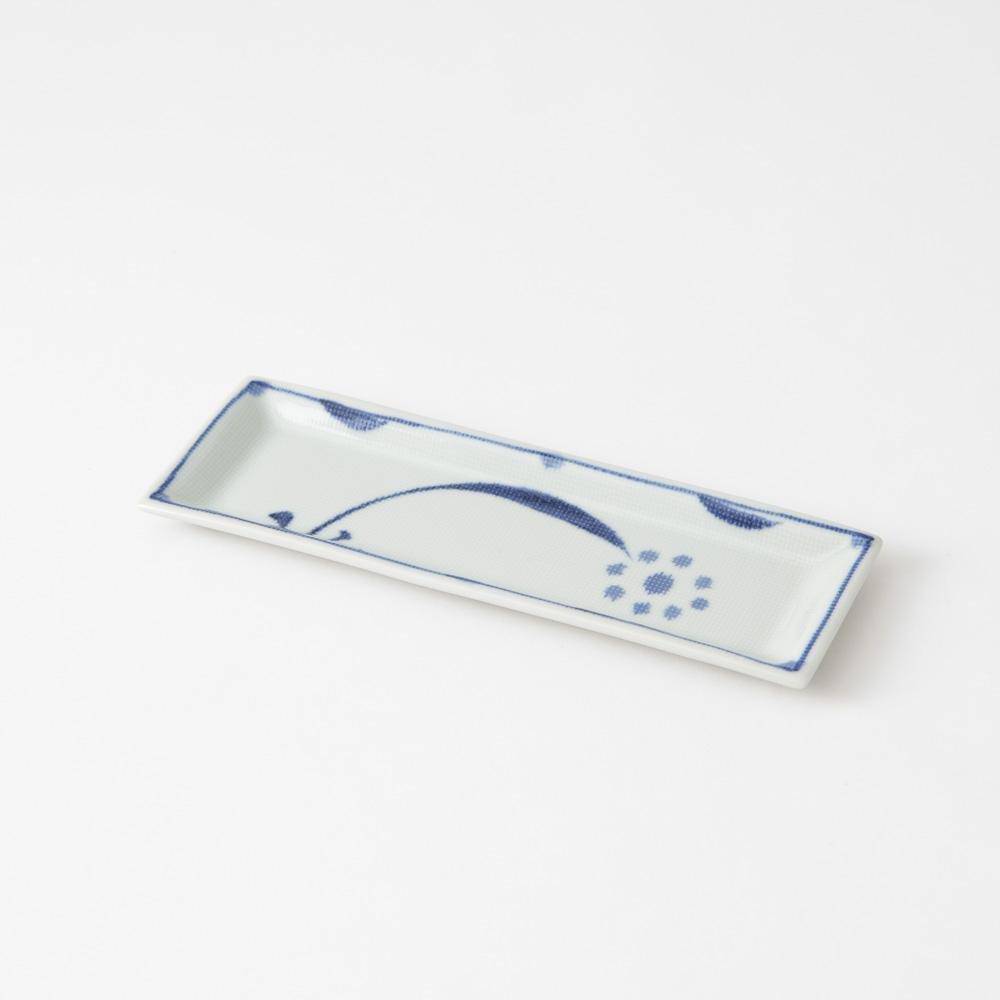
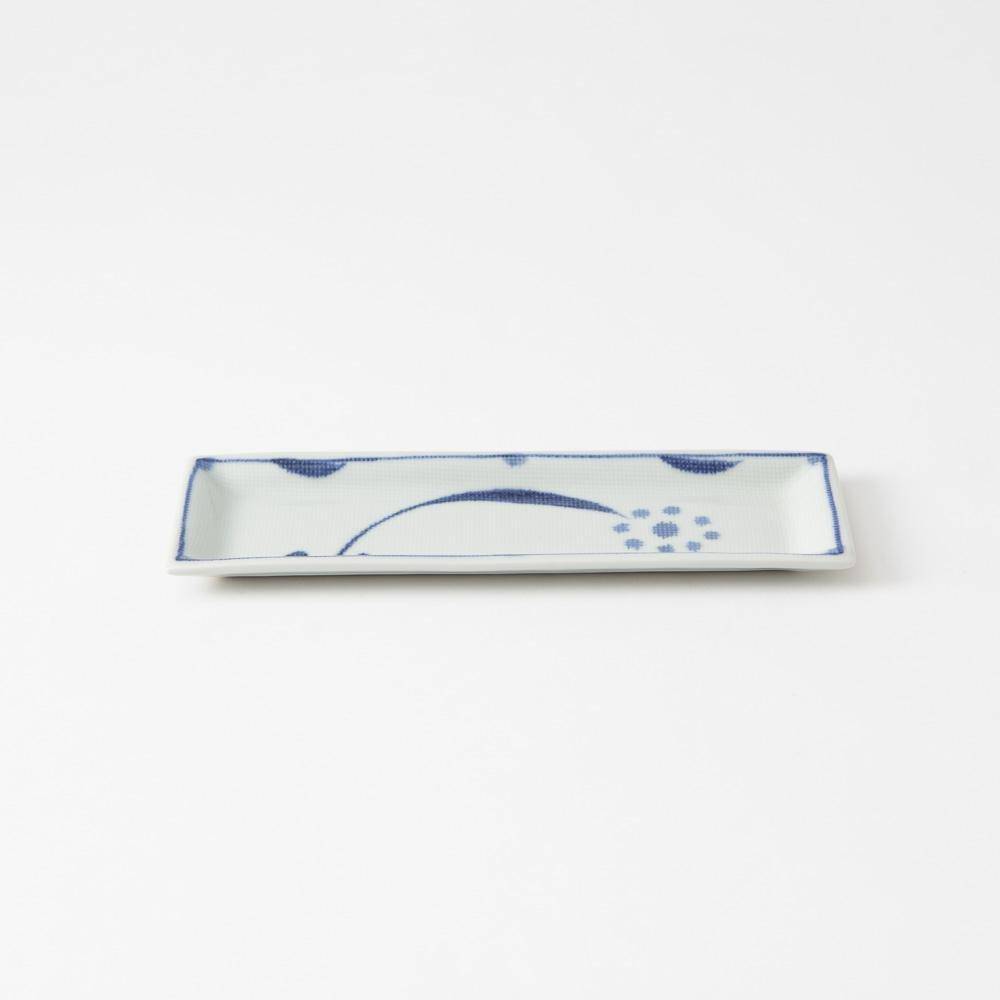
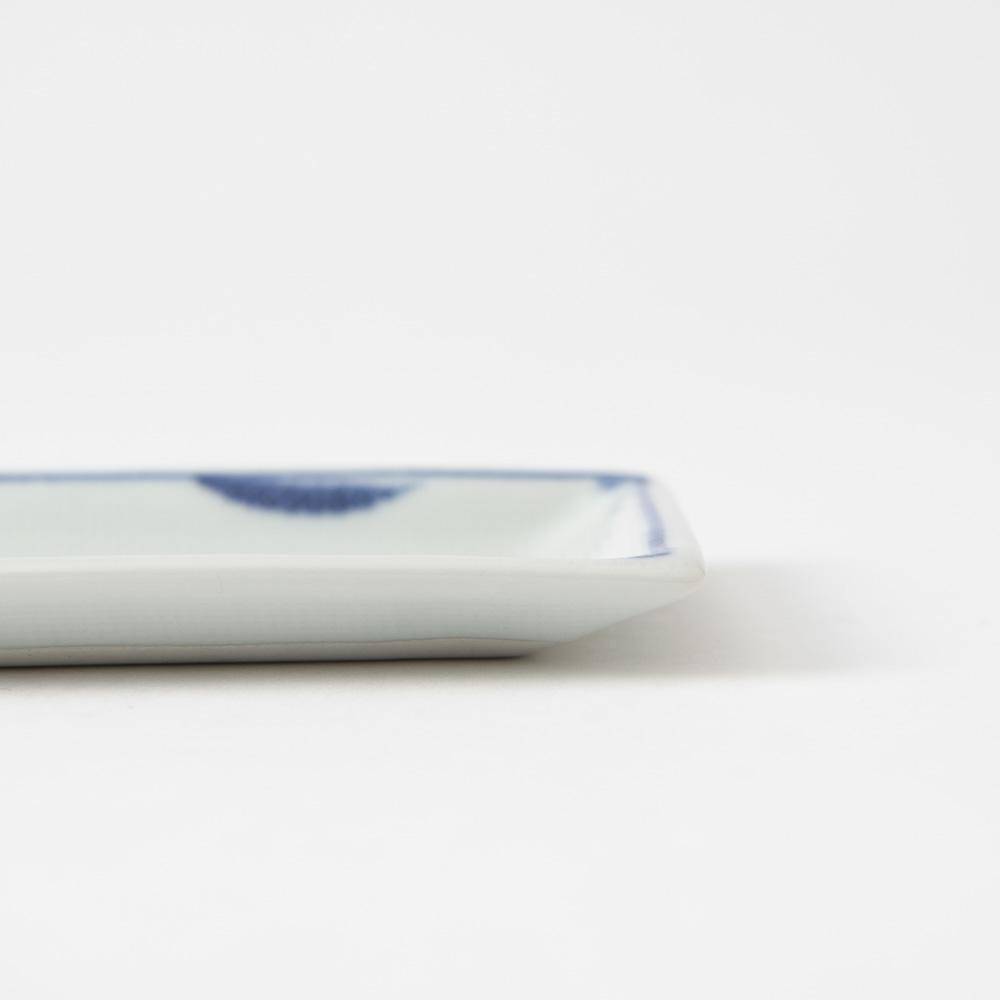
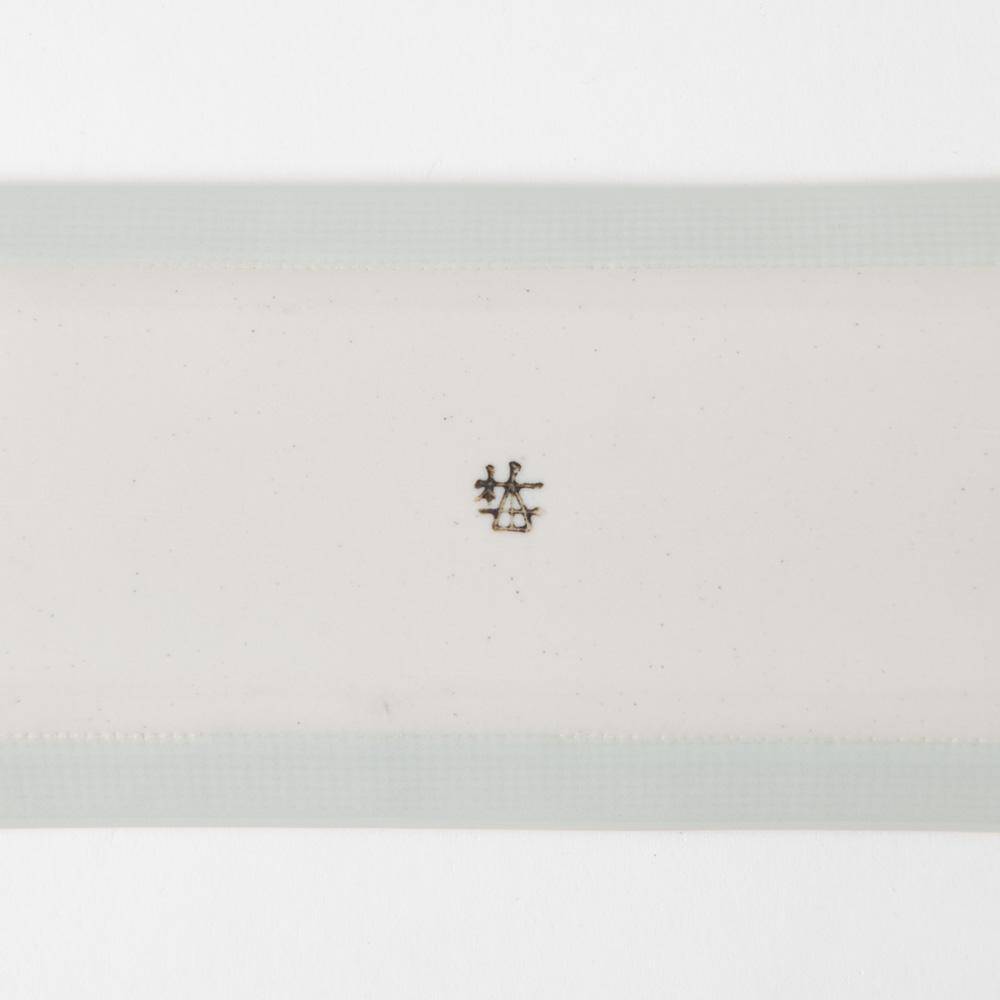
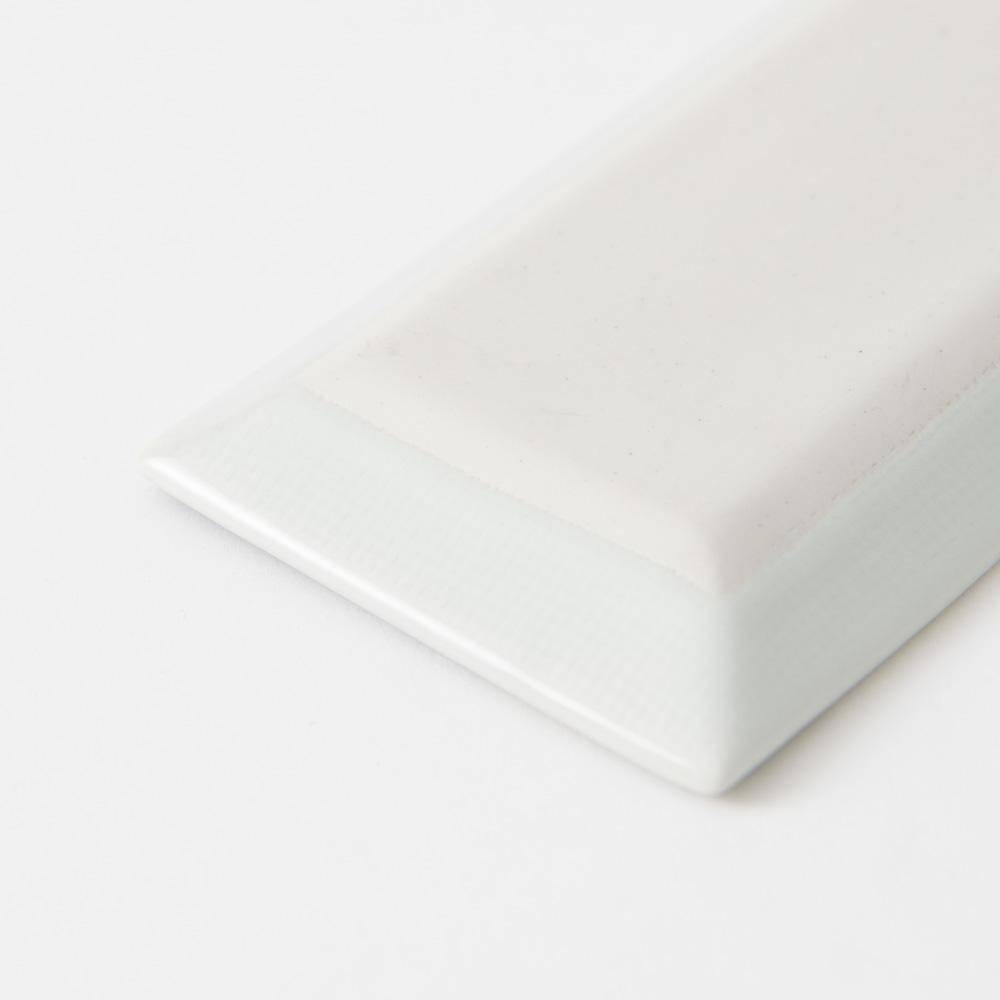
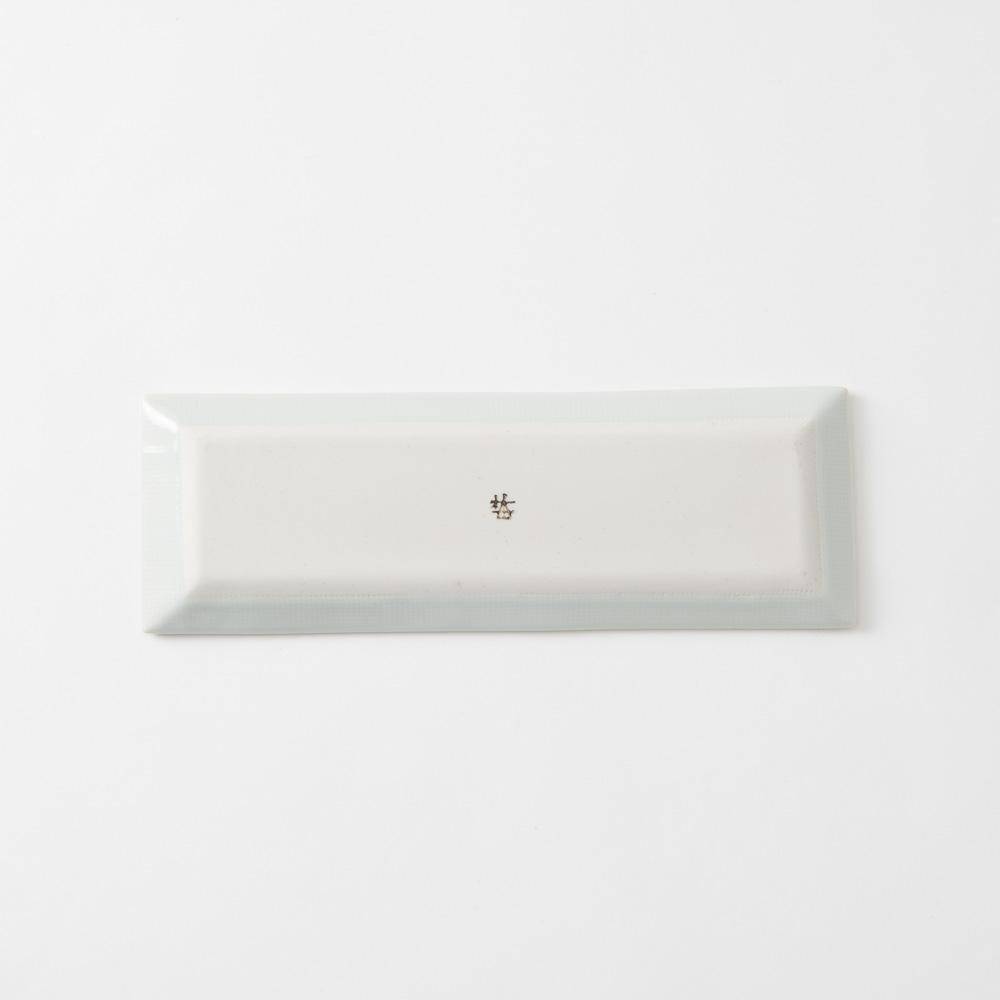
Indigo Sun Rectangular Dinner Plate
Estimated Shipping Widget will be displayed here!
This rectangular blue and white plate has a warm, hand-painted motif of an abstract sun, which symbolizes hope and glory. The textured surface, reminiscent of woven cloth, adds a tactile charm and uniqueness to the piece.
It works beautifully as a sushi plate, sashimi plate, tempura plate, or grilled fish plate—and is equally suited for serving appetizers. Designed for durability, it’s ideal for long-term use.
DETAILS
| Quantity | 1 |
| Size | L 7.5 cm (2.9 in) x W 23.5 cm (9.2 in) x H 1.5 cm (0.5 in) |
| Material | Porcelain |
| Microwave | Yes |
| Dishwasher | Yes |
Maker / Brand
Baizan Kiln, the oldest existing kiln in Tobe City, Ehime Prefecture, Japan, is cherished for its creations featuring simple yet dynamic brushstrokes and a sturdy, robust form. Its warm white porcelain pieces are adorned with deep indigo and colorful patterns, and their thick, solid shapes evoke a sense of unpretentious, wholesome beauty. In 1976, Baizan Kiln was officially recognized as a traditional craft maker by the Ministry of Economy, Trade, and Industry.
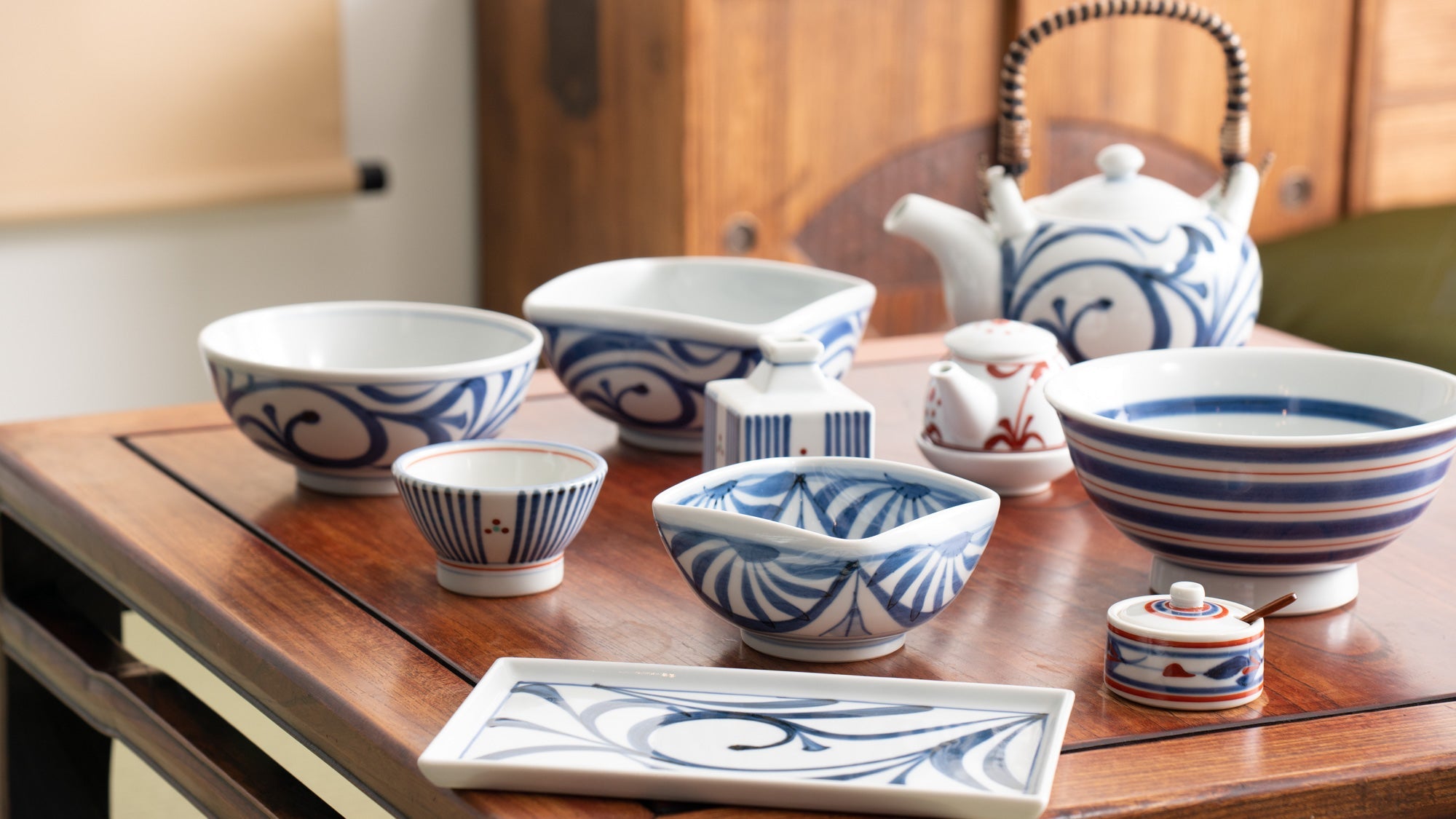
Crafts
Tobe ware is porcelain produced in the Tobe region of Ehime Prefecture, located in the northwest of Shikoku Island. The white porcelain, with its beautiful, slightly bluish hue from the iron content, continues to be highly valued and loved. Tobe ware maintains a strong respect for traditional handicraft techniques, even amidst modernization.
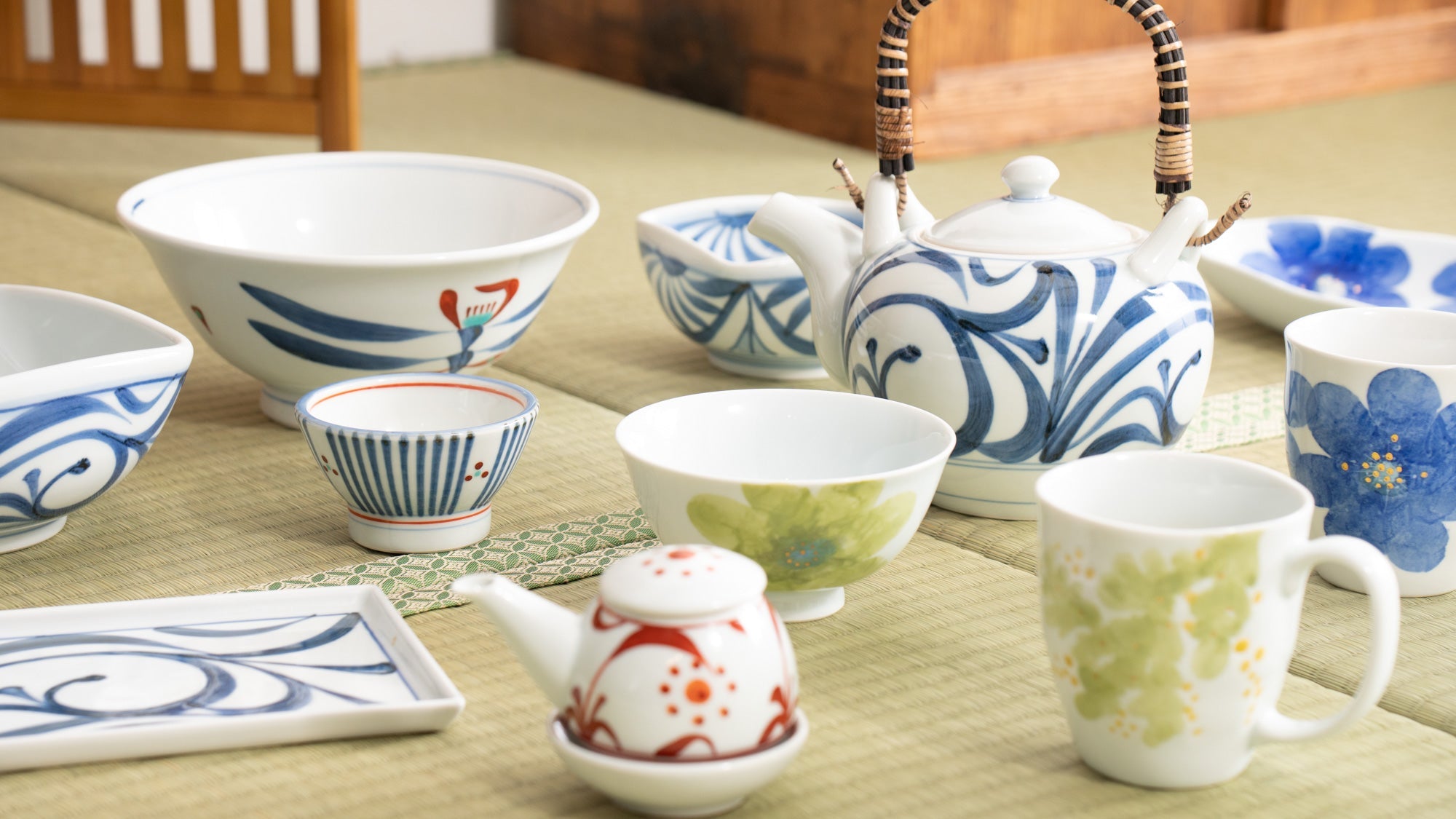
Choose options










Estimated Shipping Widget will be displayed here!
Dinner Plates
This category is for plates ranging from 21 cm (8.3 in) to 30.9 cm (12.2 in). For traditional Japanese meals, plates around 8 in are the most practical. On the other hand, when serving a one-plate dinner or pasta, plates around 25 cm (10 in) are more convenient.
